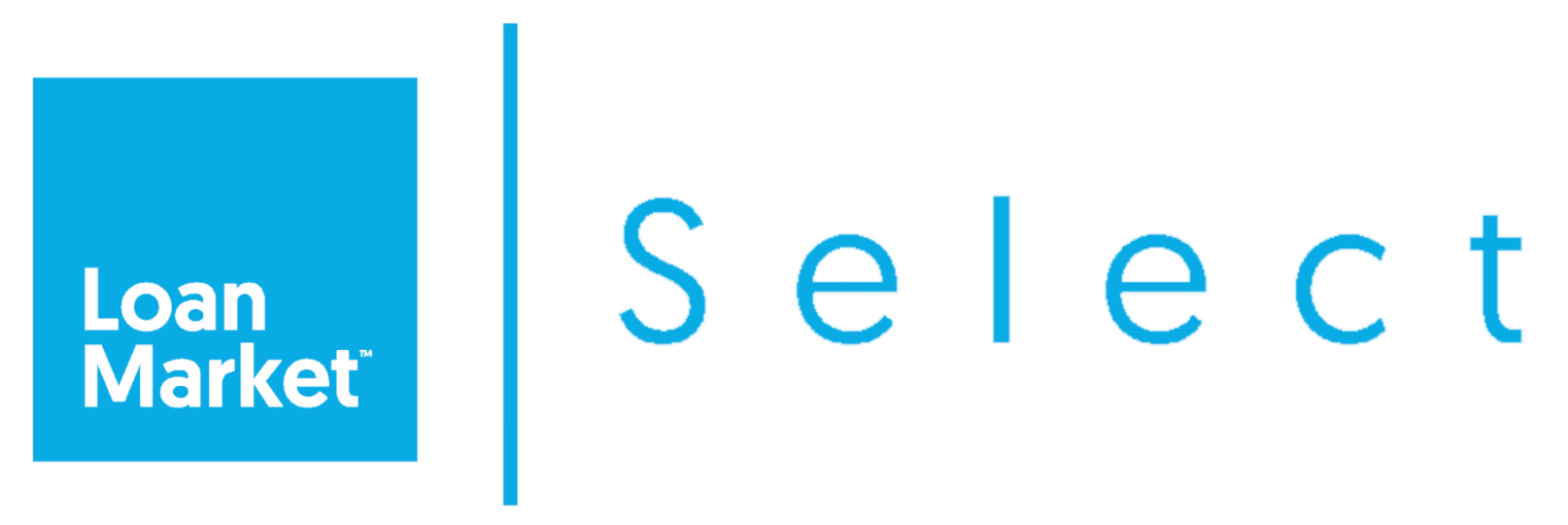HECS Debt and Home Loans: How It Affects Your Borrowing Power
This article is by Mortgage Brokers Northern Beaches. Just contact us if you need home loan help.
A HECS debt can feel like a distant problem—until you start thinking about buying a home. It’s a student loan debt under the HECS-HELP scheme, helping eligible students cover tuition fees, but it also affects your borrowing power when applying for a home loan.
Lenders factor in compulsory repayments, reducing how much you can borrow based on your taxable income and other financial obligations. Experienced brokers at Mortgage Brokers Northern Beaches provide expert advice, helping homebuyers understand how HECS-HELP debt affects loan options. Our brokers can also find ways to balance repayments, indexation rates, and cost of living to boost borrowing power.
Understanding HECS-HELP loans and how they impact home loans is crucial for making informed financial decisions—let’s explore what you need to know.
What is a HECS Debt?
HECS Debt is a student loan under the HECS-HELP scheme, designed to assist eligible students in paying for their tuition fees at approved education providers. It allows students to defer payment until their taxable income reaches the minimum repayment threshold.
Unlike traditional personal loans, HECS-HELP does not charge interest but is subject to indexation rates each year.
How Tuition Fees Are Covered Under HECS-HELP
The Australian government pays tuition fees directly to the educational institution on behalf of the student. This loan covers undergraduate degrees, some postgraduate programs, and specific vocational training loans. However, HECS-HELP does not cover costs like textbooks, accommodation, or living expenses.
Repayment Process and Minimum Repayment Threshold
Repayments start once a graduate's repayment income reaches $51,550 (2023-24 financial year) (ATO source). The compulsory repayment threshold increases annually. Repayment rates start at 1% of taxable income and rise to 10% for incomes above $151,200. Payments are automatically deducted through the income tax assessment system.
Impact of Indexation Rates on HECS Debt
HECS-HELP debt is adjusted annually based on inflation, using the rate of indexation. As of June 2023, the indexation rate was 7.1%, significantly increasing the outstanding balance for many graduates (StudyAssist).
This means a $25,000 HECS-HELP debt in 2023 would have increased by $1,775 due to indexation. While voluntary repayments can reduce debt faster, they are not mandatory.
Understanding HECS-HELP loans and how they grow over time is essential for managing loan repayments effectively.
How HECS Debt Affects Home Loan Applications
While HECS debt doesn’t appear on your credit score, lenders still factor it into your financial situation when assessing home loan applications. Here are five key ways your HECS-HELP debt can impact your borrowing power.
1. Reduces Borrowing Power
Lenders assess your compulsory repayments as part of your total financial obligations. This reduces how much you can borrow, as your repayment income must cover both your HECS-HELP loan repayments and potential home loan repayments.
2. Affects Debt-to-Income Ratio
A high debt-to-income ratio makes it harder to qualify for a home loan with favourable terms. Since HECS-HELP repayments are based on your taxable income, an increase in salary could also mean higher student loan repayments, further affecting your loan eligibility.
3. Limits Disposable Income for Loan Repayments
Your HECS-HELP debt reduces the amount of money available for home loan repayments and other expenses. This can be a challenge, especially in high cost-of-living areas like Northern Beaches, Sydney, where affordability is already a concern.
4. Indexation Increases Your Debt
Unlike traditional personal loans, HECS-HELP loans are subject to indexation rates. In 2023, the rate of indexation was 7.1%, meaning your outstanding balance grows over time, increasing your overall debt obligations.
5. Impacts Lender Assessments and Loan Types
Banks consider HECS-HELP debt when assessing your repayment capacity. They analyse your combined income, compulsory repayment threshold, and financial commitments to determine whether you can afford a mortgage.
Being aware of these factors can help you plan ahead and improve your chances of home loan approval despite having HECS-HELP debt.
Case Study: Buying a Home with HECS Debt in Northern Beaches
Jake, a tertiary student from Northern Beaches, Sydney, graduated with a HECS-HELP debt of $45,000. As his taxable income increased, so did his compulsory repayments, reducing his borrowing power and making homeownership in the area more challenging.
He worked with a mortgage broker, who reviewed his financial situation and suggested ways to improve his debt-to-income ratio. By paying down credit cards and avoiding additional personal loans, he increased his loan eligibility.
With expert guidance, Jake secured a home loan with favourable terms, allowing him to balance HECS-HELP repayments and mortgage costs. Now, he owns a home in Northern Beaches, successfully managing both his student loan debt and living expenses.
Tips to Manage HECS Debt While Applying for a Home Loan
Balancing HECS-HELP debt and a home loan can be challenging, but strategic planning can improve your borrowing power. Here are seven tips to help you manage your HECS debt while preparing for homeownership.
- Check Your HECS Debt Balance Regularly: Monitor your outstanding balance and indexation rates through myGov and the ATO. This helps you stay on top of your loan repayment obligations.
- Use a Repayment Calculator: A repayment calculator can estimate your compulsory repayments and how they affect your borrowing capacity. Knowing your repayment income helps with financial planning.
- Reduce Other Debts First: Lenders assess your debt-to-income ratio, so paying down credit cards and personal loans can improve your home loan eligibility. Prioritise high-interest debts before making voluntary repayments to HECS.
- Increase Your Deposit Savings: A larger home loan deposit can offset the impact of HECS debt on borrowing power. Focus on saving extra money to meet lender eligibility criteria.
- Consider Voluntary HECS Repayments: If you have surplus funds, making voluntary repayments can reduce your HECS-HELP debt before applying for a mortgage. This lowers your compulsory repayments, freeing up more for a home loan.
- Plan for HECS Indexation: Since HECS-HELP loans are subject to indexation rates, factor this into your long-term financial situation. Understanding rate of indexation helps in deciding whether to repay sooner.
- Seek Expert Advice from a Mortgage Broker: A mortgage broker can assess your financial obligations and help you find a home loan with favourable terms. They provide valuable insights on balancing student loan debt and mortgage repayments.
By managing your HECS-HELP debt effectively, you can improve your chances of home loan approval and achieve your property goals.
FAQs
How much HECS do I pay if I earn $60,000?
If you earn $60,000, your repayment rate is 3% of your taxable income. That’s approximately $1,800 annually.
How much should I be paying on my HECS debt?
Compulsory repayments are based on your income. Use the ATO’s repayment calculator to estimate your payment amount.
Is it smart to pay off HECS debt early?
It depends on your financial situation. Prioritise high-interest debts first, as HECS has relatively low indexation rates.
What is the best way to pay off HECS?
Focus on voluntary repayments only if you’ve cleared high-interest debts and have sufficient savings.
Does HECS debt affect my credit score?
No, HECS debt isn’t listed on your credit report. However, lenders consider it when assessing loan applications.
Can I pause my HECS repayments?
Compulsory repayments can’t be paused unless your income falls below the threshold.
Are HECS repayments tax-deductible?
No, HECS repayments aren’t tax-deductible. They are part of your income tax assessment.
Conclusion
Managing HECS debt while applying for a home loan in 2025 requires careful planning and the right strategy. Understanding how compulsory repayments, indexation rates, and borrowing power interact can help you make informed financial decisions. With the right approach, you can balance student loan debt and homeownership without unnecessary stress.
If you're looking to buy a home and want expert guidance, our mortgage brokers in Northern Beaches are here to help. Contact us today at
0403 316 686 for a free personalised consultation, or visit our website
Mortgage Brokers Northern Beaches, to explore your best home loan options!
Liked the article, but have some questions? We're here to help!
We're here to help you secure a better home loan, refinance or invest - just get in touch below.


